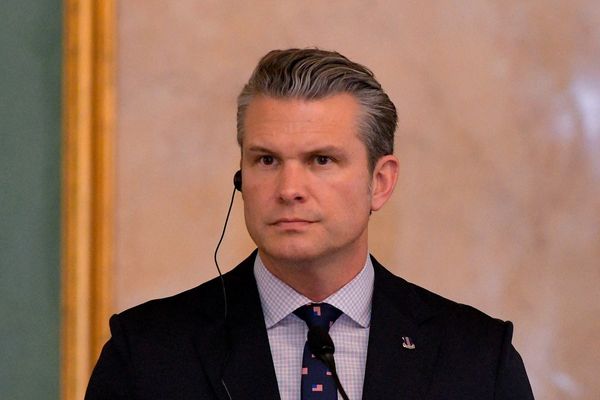
If you crave romances about beekeepers in the Algarve, or sagas of whimsical poisoning in Kensal Green, Nicolas Lunabba’s memoir probably isn’t for you. The clue is very much in the title. Will You Care If I Die? is a raw, intimate story of desperate trust and betrayal, of people perpetually balanced above a terminal abyss. Elegantly translated by Henning Koch, the prose juggles twisted humour, poetry, love and polemic in an aching, challenging journey. Lunabba anatomises what happens when a guarded heart surrenders and when someone always told they were worthless is redefined as precious by even one person.
Lunabba, who is a Swedish social justice campaigner, uses tiny, searing flashbacks to conjure up his past as an immigrant child steeped in trauma, and using detachment and rage to fend off a hostile world. Escaping violence and deprivation, he then works in social care, trying to support immigrant children – blattes. With painstaking honesty, Lunabba portrays himself as a do-gooder who doesn’t feel good, suspicious of his own motives. Craving and dreading hope, he’s haunted by a past of toxic masculinity, while attempting to live tenderly. He surrounds the reader with the risks besieging the children he tries to reach, as a complacent Swedish establishment allows the far right to consolidate and its press to blame capitalism’s failures on immigrants. We begin to share his anxieties and moments of piercing affection for the feral, basketball-obsessed teenage outcasts he encounters. Each turn of the page could bring yet another death.
The narrative switches between protective anger, forensic self-doubt and dark comedy, all turning around Elijah, the one teen who crosses all Lunabba’s personal and professional boundaries and ends up living in his house. Elijah is an inescapable commitment and the one to whom the memoir is addressed. Lunabba’s drive to reach and somehow save Elijah with words creates remarkable emotional and moral certainty.
Elijah is described with haunting attention: a coltish, desperately vulnerable, bright, hoop-shooting, undereducated, reckless, bullying, funny 14-year-old, hemmed in by gang violence, police violence and potential bad choices. Elijah upends Lunabba’s life, being sometimes a surrogate son, sometimes childhood friend, replacement brother, appalling roommate, or object of pure affection. A very odd couple, their relationship bumps, flexes and grows. The better it gets, the more may be lost. The extraordinary burden of absolute trust is wonderfully evoked, as are the dangers of hope. A happy ending is so terribly unlikely, but Lunabba coaxes us into rooting for salvation.
The pattern for salvation often comes in words, ones that confront humanity’s horror and promise – from Primo Levi, Aleksandr Solzhenitsyn and WEB Du Bois, or Swedes such as Kristian Lundberg and Stig Dagerman. Lunabba the blatte boy first believed Sweden could be his when he read a children’s fantasy by Selma Lagerlöf. Lunabba felt understood when Swedish proletarian poet Harry Martinson condemned poverty for “this inner hatred it creates, an endless battle of pinpricks”. The memoir glitters with teenage wisecracks and authors who anchored, defined, and inspired Lunabba when he was at his most hopeless. They have helped him become an author who now condemns the powers that denied Elijah’s need. “They all knew that you were living in conditions too difficult for a child… They all knew. They all let you down.” When Elijah finally discovers the comradeship of books, Lunabba’s relief is tangible. That does not mean his readers might not hold their breath all the way to the end, hoping another escape into better living might be arranged with only a reasonable number of miracles required.
Will You Care If I Die? is as uncompromising as that question suggests. It’s an honourable book that aims full tilt for truth and confronts despair, cruelty, waste, rage and pain with a kind of contagious defiance. Being alive to write at all, it seems to say, is already a kind of beachhead into your future, a victory. We live in hard times and our own type of a hard country, but Lunabba has created a new good companion, sadly applicable across cultures. Here is a new pattern for salvation to fit in any pocket, here a remarkable exploration of revolutionary love.
Will You Care If I Die? by Nicolas Lunabba is published by Picador (£16.99). To support the Guardian and Observer order your copy at guardianbookshop.com. Delivery charges may apply







